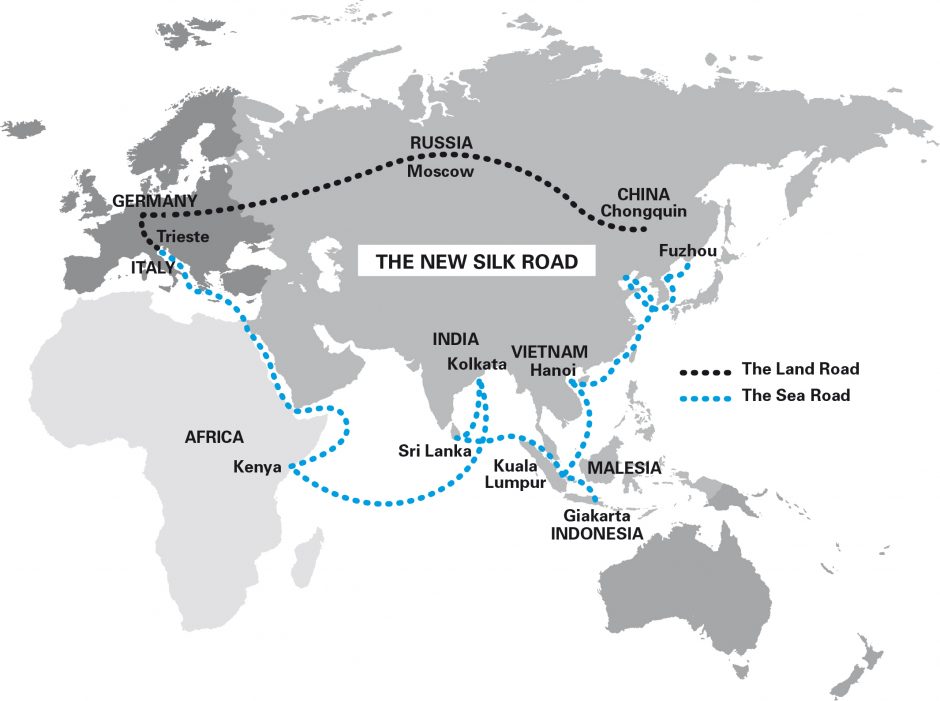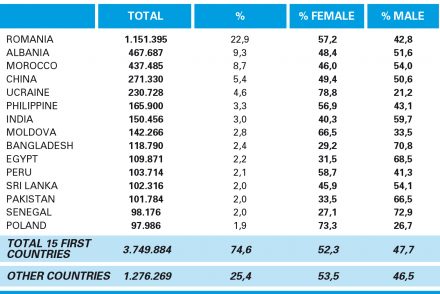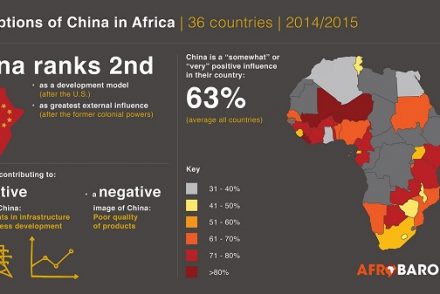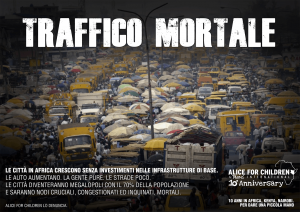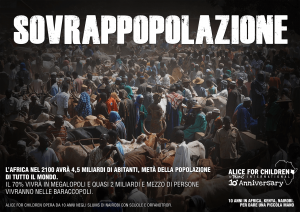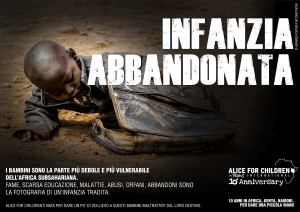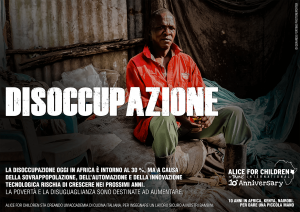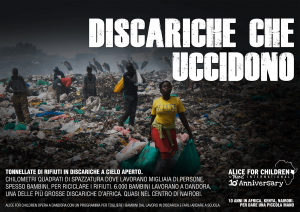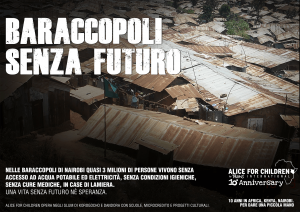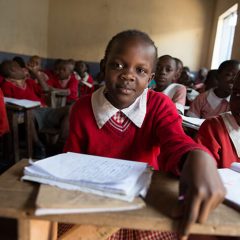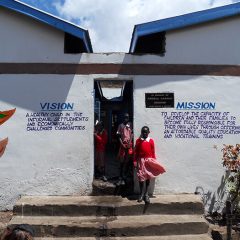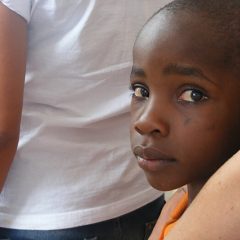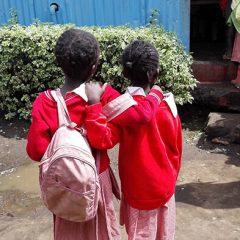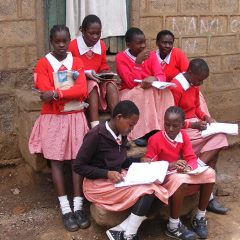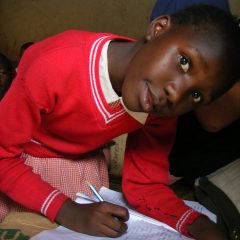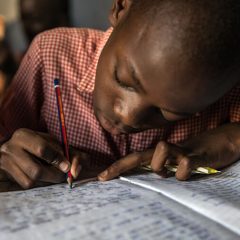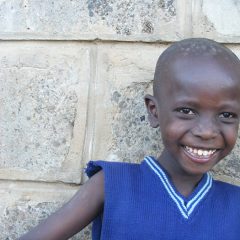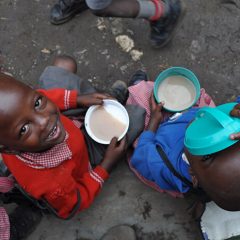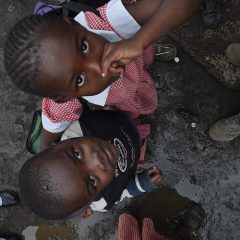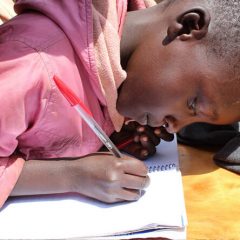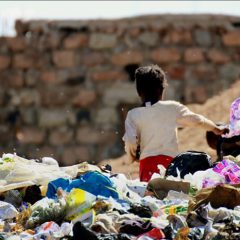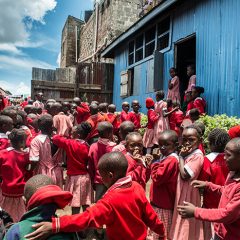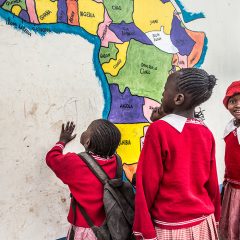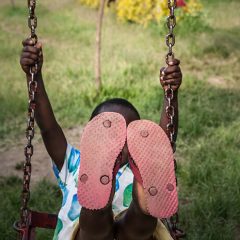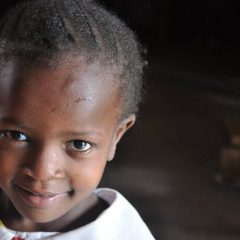Let’s deepen some reflections introduced in last weeks’ posts: Kenya has big resources – such as tourism, agriculture and East Africa’s strategical position – and they have not been taken into consideration nor managed in the best way yet. Last but not least, petroleum, which was found some years ago in the north of the country, near Lake Turkana. An attracting area, but absolutely inhospitable, hot and deserted. This oil well should be ready for first extractions in 2025, when they are going to build and use an oil pipeline, linking South Sudan – which is rich in petroleum -, Turkana and the port of Lamu. This strategical port, which China wanted for its renewed “silk way”, will open a new era for relationships between Africa and China.
In this situation, economic benefits will be astonishing: Kenya could become the African hub sending goods to Europe and to internal parts of the continent. From being a simple shipper, it could turn into the organizer of all imports and relationships with the second most important country in the world – but the first one for trade – and their relationship could get stronger, long-lasting and economically significant.
In short, it could be a breakthrough: thanks to its privileged relationship with China, Kenya could be the driving force for other African countries, such as Uganda, Tanzania, Rwanda and maybe also for Ethiopia, involving lots of people – these countries have about 250 million inhabitants and in 2050 they will be more than 500 million.
In facts, Kenya already has an important role in East Africa’s and Africa’s economy: Nairobi’s airport is the most attended hub in the continent, its stock exchange is the most important one after Johannesburg and the second most important UN headquarter, with more than 26,000 employees – most of them are foreigners – is in Nairobi. Kenya’s capital is very dynamic.
If they wanted to create some federations of African countries – a kind of homogenous subcontinents, which Maurizio Molinari’s book “Il ritorno delle tribù” talks about -, Kenya and Nairobi could be responsible for the organization of East African countries’ federation. There would be the right conditions to allow Kenya to become the leader of an area with the same languages – Kiswahili and English -, strong thanks to petroleum’s incomes and to a financial and productive hub.
We can’t ignore construction, the so-called household: driving from Nairobi to Mombasa, each month you can see new works in progress. In last 10 years, they have built new buildings that have nothing to envy to European ones: modern and huge, hosting offices and malls.
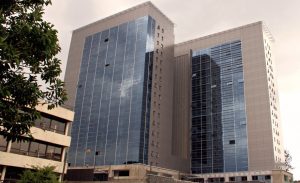
Delta Corner buildings in Nairobi.
